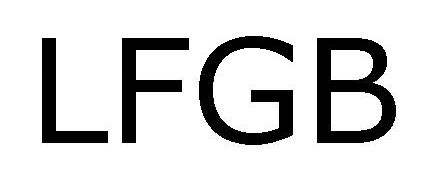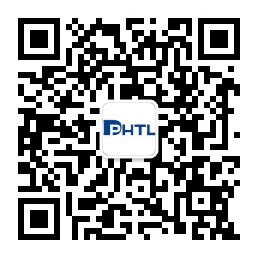The EC/1935/004 framework regulation issued by the European Union is currently the dominant regulation on various food contact materials, and EU member states have the right to supervise this framework regulation. However, currently there are specific measures for 17 types of materials. Due to the lack of applicable material guidelines in the European Union, according to Article 6 of EC/1935/2004, when specific measures for various materials and products have not yet been formulated, it is allowed to maintain and adopt the relevant regulations of each member state. Therefore, when exporting products to the European Union, it is not only necessary to consider EC/1935/2004, but also the relevant regulations of the specific exporting country. In addition to strictly following the EU Directive 1935/2004, local food grade regulations such as LFGB (LMBG) in Germany, DGCCRF2004-64 in France, UK SI 898:2005 in the Commonwealth, and Gazzetta Uffiile G.U Law No. 283 of 30/04/1962 and local ordinance 21/03/1973 (D.M.21/03/73) must also be followed in countries like Germany and France.
In September 2005, the German Food and Dietary Products Law LFGB replaced the Food and Daily Necessities LMBG. It is also known as the "Food, Tobacco Products, Cosmetics, and Other Daily Necessities Management Law" and is an important basic legal document in Germany's food hygiene management. It is the guideline and core for the formulation of other specialized food hygiene laws and regulations. Daily necessities that come into contact with German food can obtain an LFGB testing report issued by an authorized organization to prove that they are "products without chemical toxic substances" and can be sold in the German market.

The difference between LFGB and other food grade tests is that it requires Section 30&31 to be conducted
§ 30 LFGB prohibits the sale of daily necessities containing toxic ingredients that pose a risk to human health
§ 31 LFGB prohibits substances that can migrate into food or affect the taste of food, thereby posing a risk to human health
The requirements for LFGB testing are stricter than those of other countries, so LFGB testing reports are also recognized in other countries. Generally, Articles 30 and 31 of the German Food and Daily Necessities Act include the following testing items:
1. Initial inspection of samples and materials
2. Sensory evaluation of odor and flavor transfer
3. Plastic samples: transferable component testing and heavy metal precipitation testing
4. Metals: Composition and testing of heavy metals that can precipitate
5. Silicone resin: transferable or volatile organic compound testing
6. Special materials: tested for chemical hazards according to the German Chemical Act
The LFGB testing items are closely related to the testing materials. Common testing materials include paper products, wood products, polyethylene plastic (PE), polystyrene plastic (PS), polypropylene plastic (PP), polyamide plastic (PA), polyethylene terephthalate (PET), polycarbonate (PC), rubber, silicone rubber, metals, alloys and electroplated products, stainless steel tableware, ceramics, glass products, etc. Different materials correspond to different testing items.
Depuhua has its own chemical testing laboratory, specialized in handling German food grade LFGB testing, and has CNAS authorized qualifications. For more information, please consult online!



